Best Seasons for Masonry Service
Masonry service involves the repair, restoration, and construction of brick, stone, and concrete structures. Proper timing ensures optimal results and longevity of masonry work.
Spring offers moderate temperatures and lower humidity, making it ideal for masonry projects. It allows materials to cure properly without the risk of frost or extreme heat.
Summer provides longer daylight hours, but high temperatures can cause rapid drying, leading to cracking if not managed carefully.
Fall's cooler weather helps prevent overheating of materials and allows for thorough curing before winter.
Winter conditions, including freezing temperatures and snow, can hinder masonry work and cause damage if done during cold weather.
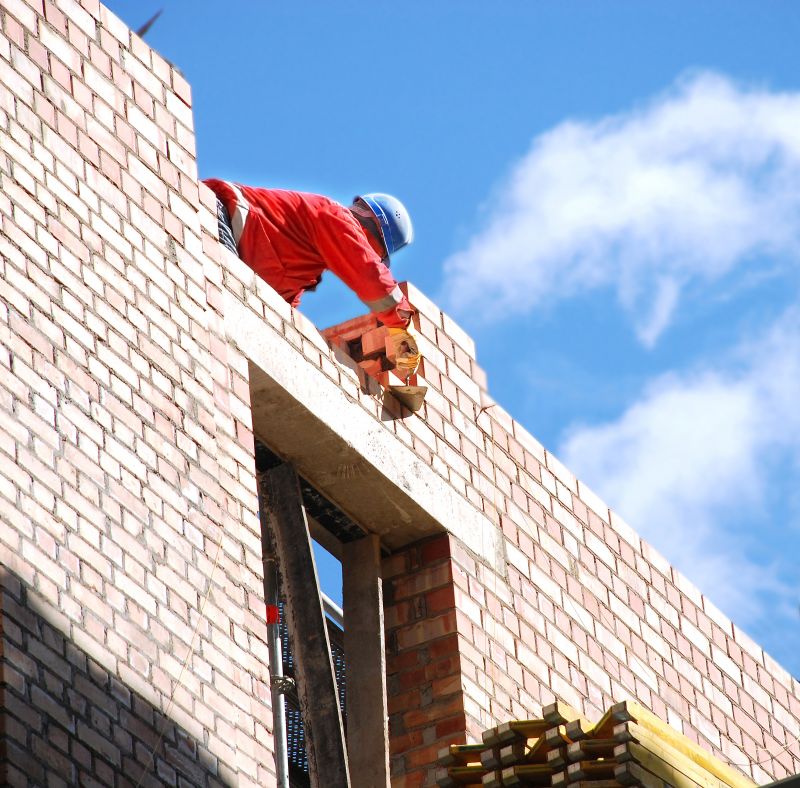
Ways to make Masonry Service work in tight or awkward layouts.
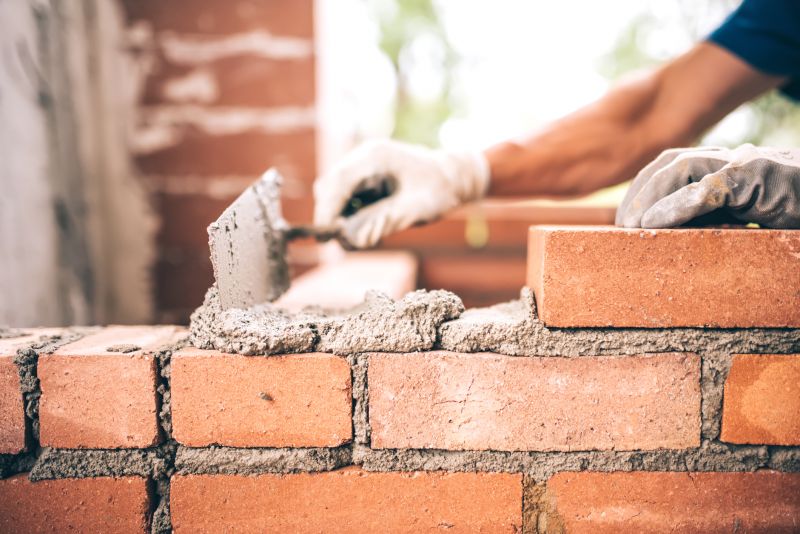
Popular materials for Masonry Service and why they hold up over time.
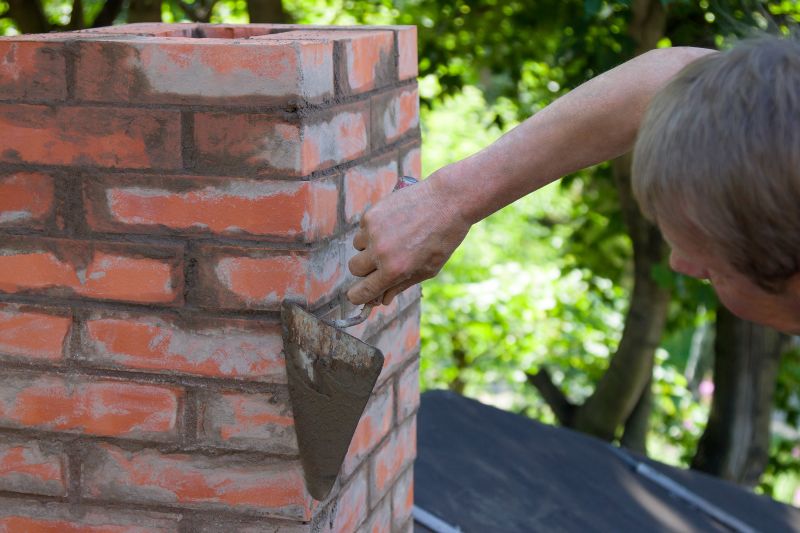
Simple add-ons that improve Masonry Service without blowing the budget.
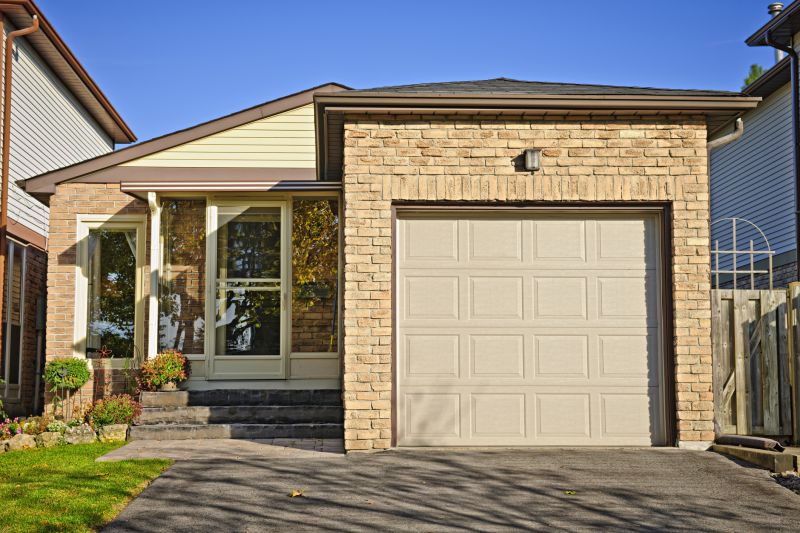
High-end options that actually feel worth it for Masonry Service.

Finishes and colors that play nicely with Masonry Service.
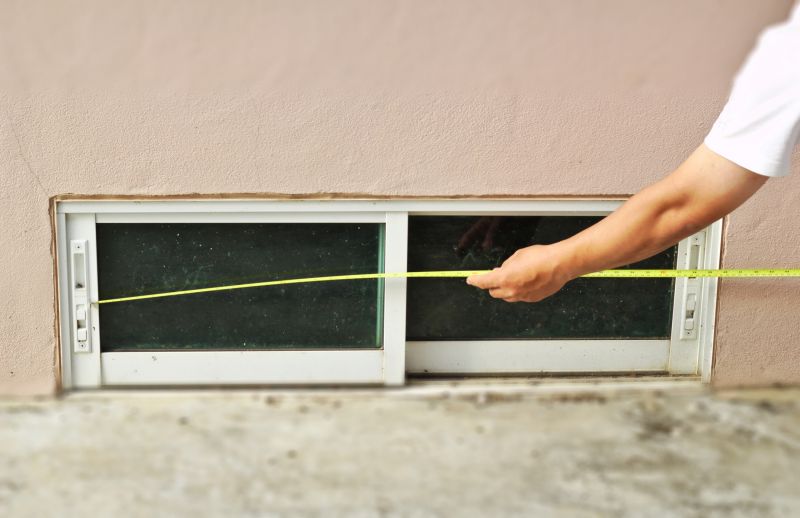
Little measurements that prevent headaches on Masonry Service day.
Masonry service encompasses a range of activities, including bricklaying, stonework, and concrete repair. Proper timing can improve durability, reduce repair costs, and enhance aesthetic appeal. Seasonal weather patterns significantly influence the success of masonry projects. For instance, extreme cold can cause mortar to freeze, leading to structural issues, while excessive heat accelerates drying and can cause cracks. Planning masonry work during favorable weather conditions ensures better adhesion, curing, and long-term stability.
| Season | Ideal Conditions |
|---|---|
| Spring | Moderate temperatures, low humidity, minimal frost risk |
| Summer | Long daylight hours, but avoid extreme heat |
| Fall | Cooler temperatures, stable weather, good curing conditions |
| Winter | Cold temperatures, snow, and freezing conditions |
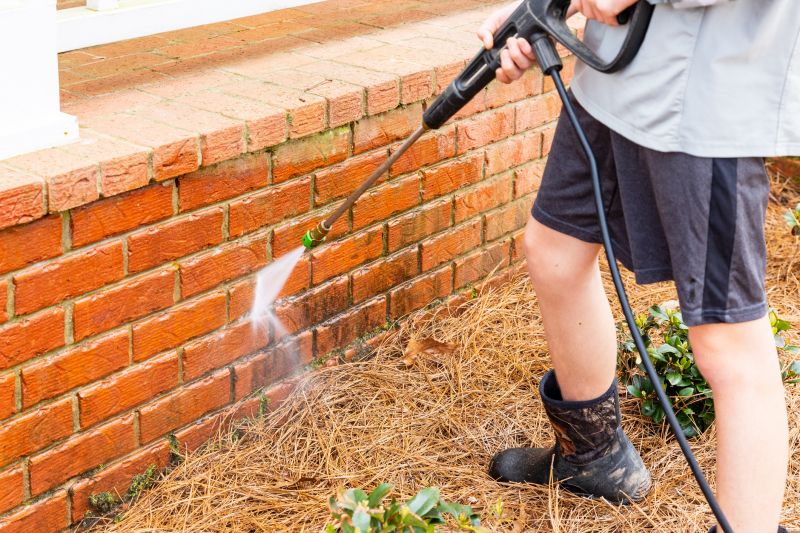
A 60-second routine that keeps Masonry Service looking new.
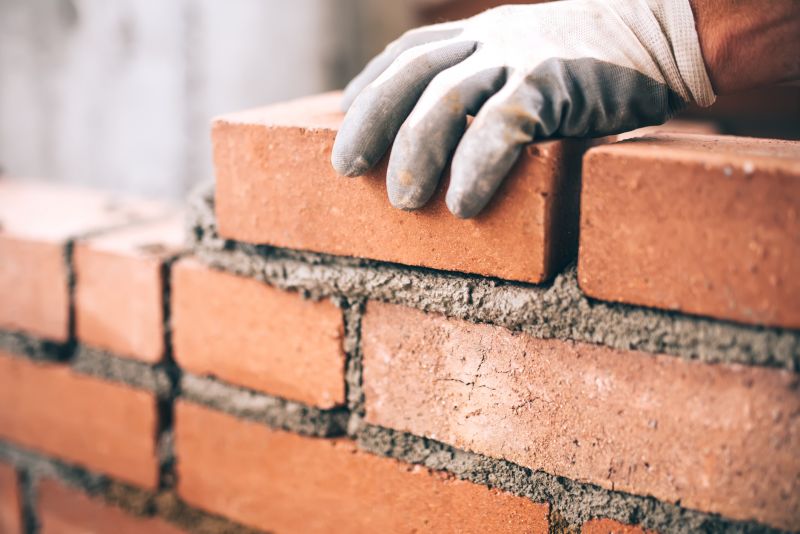
A frequent mistake in Masonry Service and how to dodge it.

Small tweaks to make Masonry Service safer and easier to use.

Lower-waste or water-saving choices for Masonry Service.
Scheduling masonry service during appropriate seasons enhances the quality and durability of the work. It is advisable to avoid cold winter months for major projects unless proper weatherproofing and heating methods are used. Planning ahead ensures that masonry projects are completed efficiently and with optimal results. Consulting with masonry professionals can help determine the best timing based on specific project requirements and local climate conditions.
Yes, but optimal results are achieved during spring and fall. Winter work requires additional precautions.
Cracks, mortar failure, and reduced durability often indicate work was done during unsuitable weather conditions.
Typically, mortar takes about 24-48 hours to set, but complete curing can take up to a month depending on conditions.
Waiting for stable weather ensures better adhesion and longer-lasting results.
Interested individuals are encouraged to contact for masonry service inquiries. Proper timing and preparation can significantly impact the longevity and appearance of masonry structures. Consulting with experienced professionals can help determine the best schedule for specific projects and ensure optimal outcomes.
